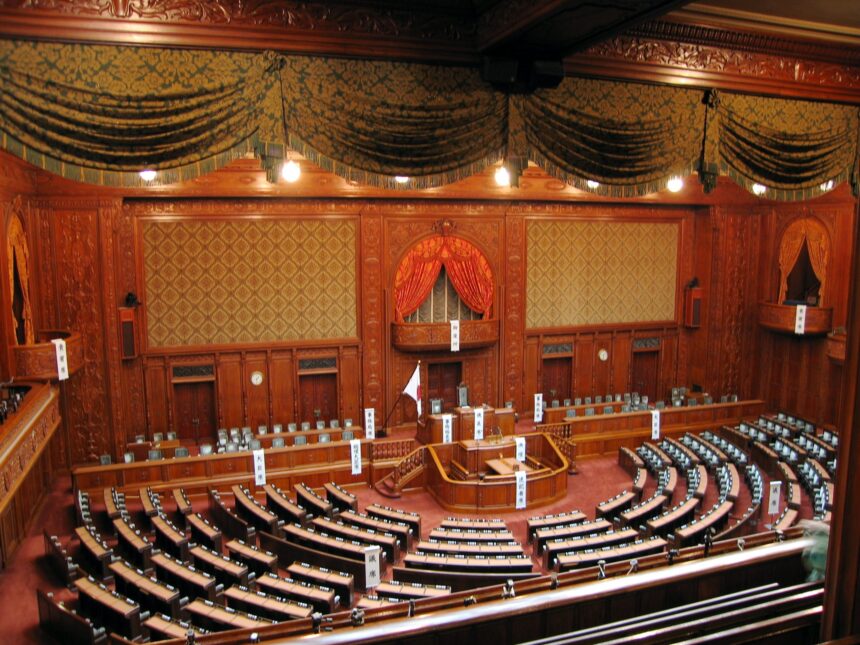Japan will not participate in a United Nations conference regarding the treaty that prohibits nuclear weapons, as stated by a senior government official in Tokyo on Monday. The official emphasized that the United States’ nuclear deterrence is vital for Japan’s security and that attending the conference would convey an inappropriate message.
Chief Cabinet Secretary Yoshimasa Hayashi articulated that the primary reason for Japan’s absence as an observer at the conference, which commenced on Monday in New York, is the nation’s national security. He remarked that in the context of a challenging security landscape, nuclear deterrence is essential for safeguarding the lives and property of the Japanese people, as well as for maintaining the country’s sovereignty and peace.
Hayashi further noted that Japan’s involvement as an observer at the conference would misrepresent the nation’s stance on nuclear deterrence and could hinder its efforts toward security, peace, and safety. The UN Treaty on the Prohibition of Nuclear Weapons was adopted in 2017 and became effective in 2021, following a prolonged campaign aimed at preventing a recurrence of the atomic bombings of Hiroshima and Nagasaki at the conclusion of World War II.
Japan, despite being the sole nation affected by nuclear attacks, has declined to sign the treaty, asserting that its objectives cannot be realized without the involvement of nuclear-armed states. Hayashi indicated that participating as an observer would disrupt Japan’s ongoing efforts to garner support for enhancing the non-proliferation treaty and impede nuclear disarmament initiatives. He did not elaborate on Japan’s forthcoming actions.
Japanese officials have expressed their alignment with the ultimate aim of a nuclear-free world, yet they emphasize the need for realism in light of escalating global conflicts. Survivors of the atomic bombings and their advocates have criticized the Japanese government for making insincere commitments while relying on the protection of the US nuclear umbrella.
These survivors and their supporters have called on the Japanese government to attend the conference as an observer, especially following the increased global focus after Nihon Hidankyo, the grassroots organization of atomic bombing survivors, received the Nobel Peace Prize last year. Prime Minister Shigeru Ishiba, a defense expert and strong proponent of nuclear deterrence, has advocated for a more transparent discussion regarding the role of US extended deterrence in the region.
Japan has increasingly articulated its intention to secure extended deterrence through the presence of US nuclear weapons in recent years, particularly in light of escalating tensions with China.






